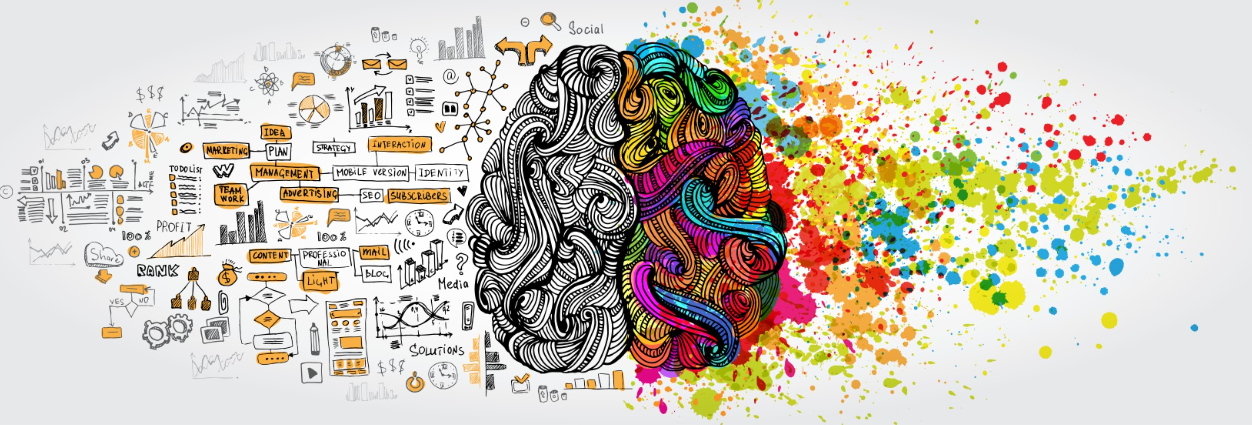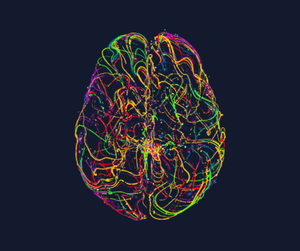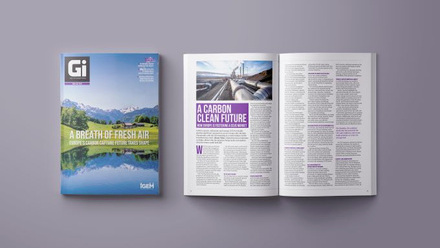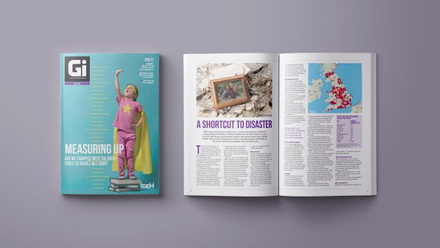Diverse minds, better designs - wiring workplaces for neurodiversity
What is neurodiversity?
The word ‘neurodiversity’ is used to describe the concept that “all humans vary in terms of our neurocognitive ability.” The term ‘neurodivergent’ is often used to describe people who identify as neurodiverse and whose neurotypes include:
- Attention deficit hyperactivity disorder (ADHD), also known as variable attention stimulus trait (VAST)
- Autism or autism spectrum disorder (ASD), which affects how people experience their environment and how they communicate
- Dyslexia – literally ‘difficulties with words’
- Dyspraxia or developmental coordination disorder (DCD) - ‘difficulties with movement’
- Dyscalculia – ‘a specific and persistent difficulty in understanding numbers’
- Dysgraphia – ‘impaired writing ability and fine motor skills’
- Hyperlexia – often associated with autism, a condition where preschool children display an intense early interest in letters in a way that is very advanced for their age and can decode words accurately, but without understanding their meaning
- Synesthesia – senses which are normally experienced separately are involuntarily joined together, such as experiencing colour when hearing sounds
- Tourette syndrome – a neurological condition characterised by involuntary movements and noises.

It is estimated that between 14 and 20 per cent of the UK population is neurodivergent of whom: 2-5 per cent have ADHD, 1-2 per cent are autistic, 10-20 per cent are dyslexic, Five per cent are dyspraxic and 1-2 per cent have Tourette syndrome. These figures relate to the population overall and there is very little data available on the extent of neurodiversity amongst those employed in engineering and technology specifically. The Engineering Council estimates that there are 820,000 neurodiverse engineers working in the UK.
The urgent need to make engineering and technology more inclusive for neurodivergent people is highlighted in a new report published by the Institution of Engineering and Technology (IET).
According to a 2022 survey by the IET across its volunteer community, almost one in five people who responded (19 per cent) identified as definitely or possibly neurodivergent. The report, which is based on qualitative research including a number of focus groups of engineers and technicians with lived experiences of neurodiversity, found that many who identify as having a neurotype are reluctant to be open at work due to stigma, and that the risks in speaking up appear to outweigh the benefits.
Those involved in the IET study also say they face a range of challenges, and that being part of an under-represented group magnifies these challenges. Not all challenges faced are related to the specifics of their neurotype, the report says, but can result from a range of other factors, such as neurotypical approaches and expectations being the standard for workplace behaviour, distracting and noisy working environments, accessing workplace adaptations, and the impact of all these on sustaining good mental health and wellbeing.
Although employers within the sector often miss the opportunity to benefit from specific strengths associated with neurodiversity, the report says, the good news is that it is clear what needs to be done to build a more neuroinclusive environment.
Seven key areas where change is needed were identified, including treating neurodivergent engineers and technicians as individuals, raising awareness and shifting attitudes, training line managers to support neurodivergent team members, and making it easier to access workplace adjustments.
Dr Laura Norton, Head of Equality, Diversity and Inclusion at the IET, said: “Neurodivergent engineers and technicians bring many and varied strengths to their work. Too often, however, these strengths are not recognised or appreciated by managers, colleagues or employers. There is a huge opportunity awaiting employers and teams in the engineering and technology sector who are willing to understand and address the needs of their neurodivergent staff and colleagues. We hope this study helps increase awareness and understanding, and spurs action towards realising that opportunity.”
Guidance for employers on how to best build a more neuroinclusive environment includes:
- Treating neurodivergent engineers and technicians as individuals
- Raising awareness and shifting attitudes
- Training line managers to support neurodivergent team members
- Integrating neurodiversity into working practices and culture
- Making it easier to access workplace adjustments offering targeted career support where it is wanted
- Enabling neurodivergent engineers and technicians to access and build support.
At IGEM, we’re committed to drawing from the widest pool of talent available. Our Disability Confident Employer status helps us to ensure we are creating an inclusive environment where all of our colleagues can bring their whole selves to work and feel supported, celebrating the diversity that enriches our community.
Jo Condon, FInstAM, AATQB and Business Support Manager at RAS Limited (IGEM Company Members since 2019) shared her story with IGEM on LinkedIn as part of Neurodiversity Celebration Week, highlighting her journey with dyscalculia. She was pleased to see IGEM speaking about dyscalculia and emphasises resilience, self-acceptance, and the importance of seeking support.
Things are changing for the better. So, if you are living with neurodiversity, never give up. Try not to beat yourself up. Try not to let anyone else do it for you. It’s hard but there are things and people out there that can help you overcome some, if not all, of your challenges. Don’t be ashamed. You're just different. Be proud. Never, ever, give in.
Read more from Gas International (Gi)
For more insightful articles and industry updates, don't forget to explore Gi, our members' magazine. Published 10 times a year and circulated to IGEM members, Gi serves as the ideal source to stay informed and up to date with the latest developments in the field.




